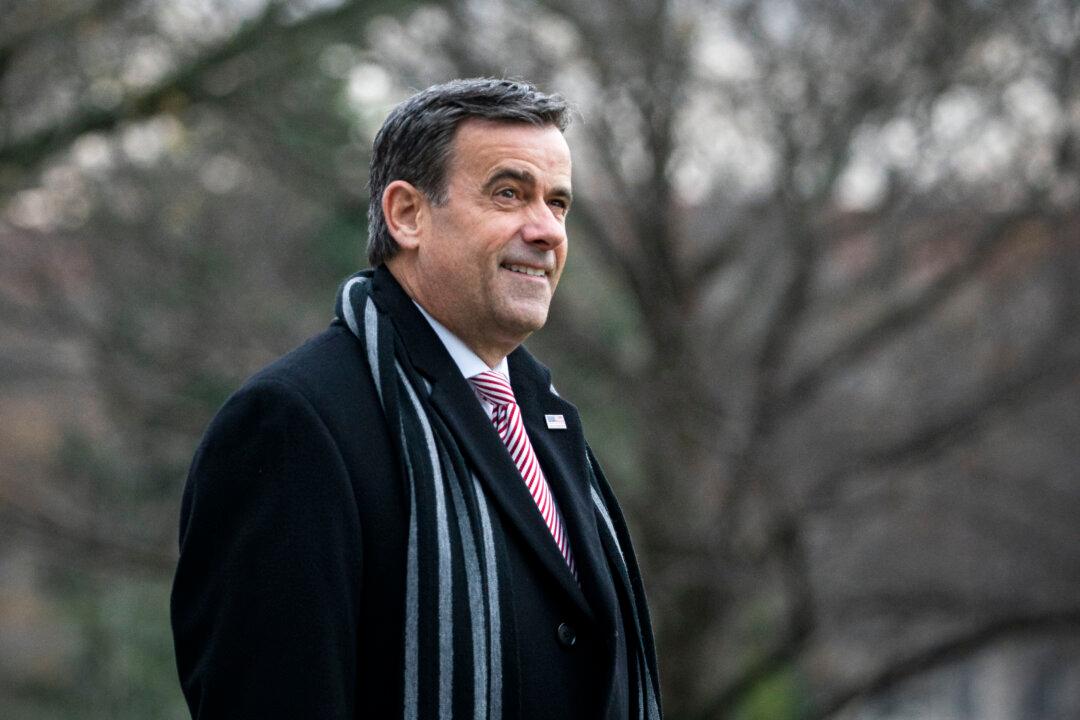Former director of National Intelligence John Ratcliffe on Feb. 10 criticized the “disingenuous” findings by the World Health Organization (WHO) into the origins of the CCP virus, saying U.S. intelligence didn’t back the international body’s dismissal of the possibility that the virus may have leaked from the research center in Wuhan.
Peter Embarek, a Danish scientist who led the WHO mission at the Wuhan Institute of Virology, said a day earlier that it was “extremely unlikely” that the CCP (Chinese Communist Party) virus may have leaked from the research center. He said bats could still be a likely source.





